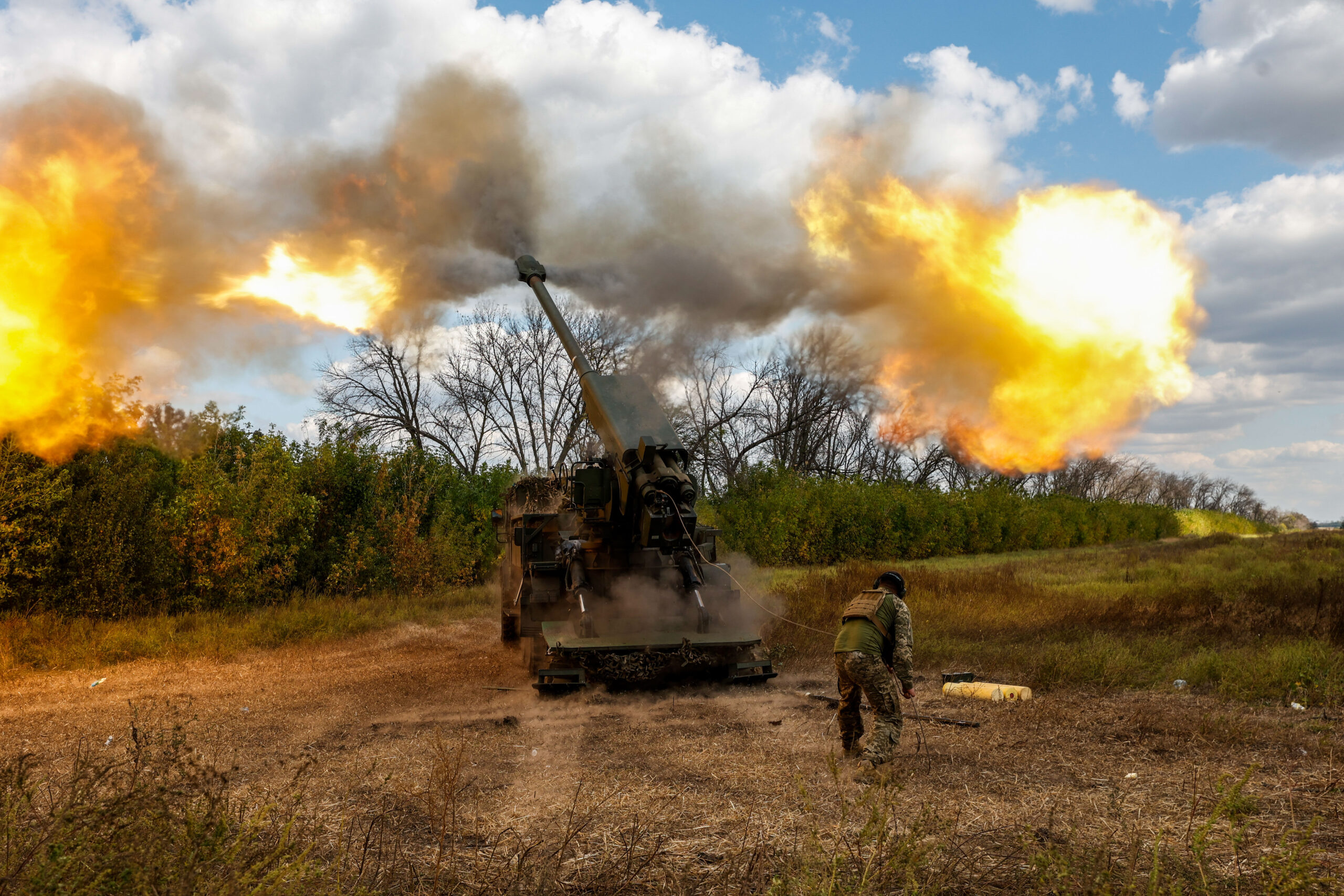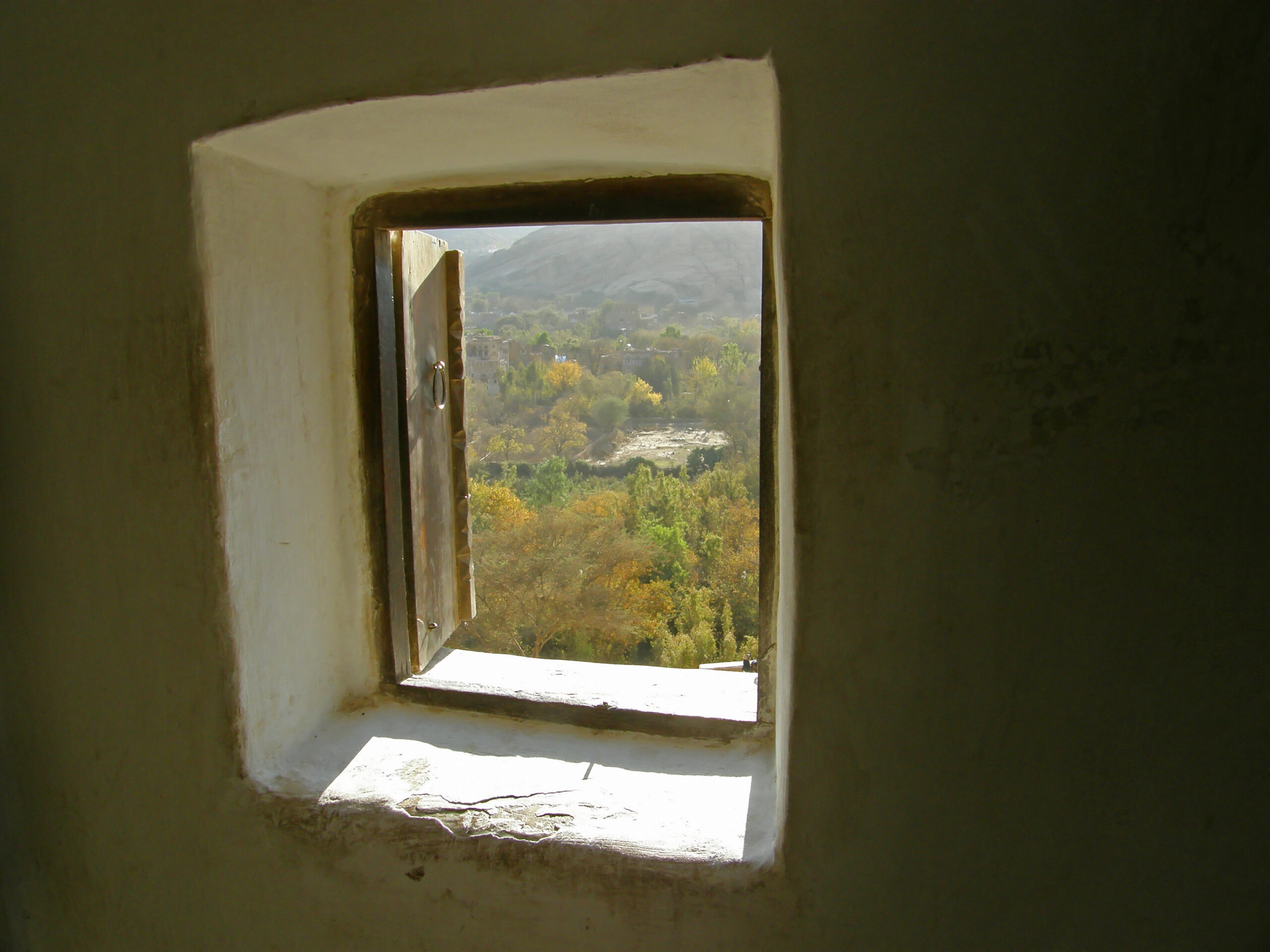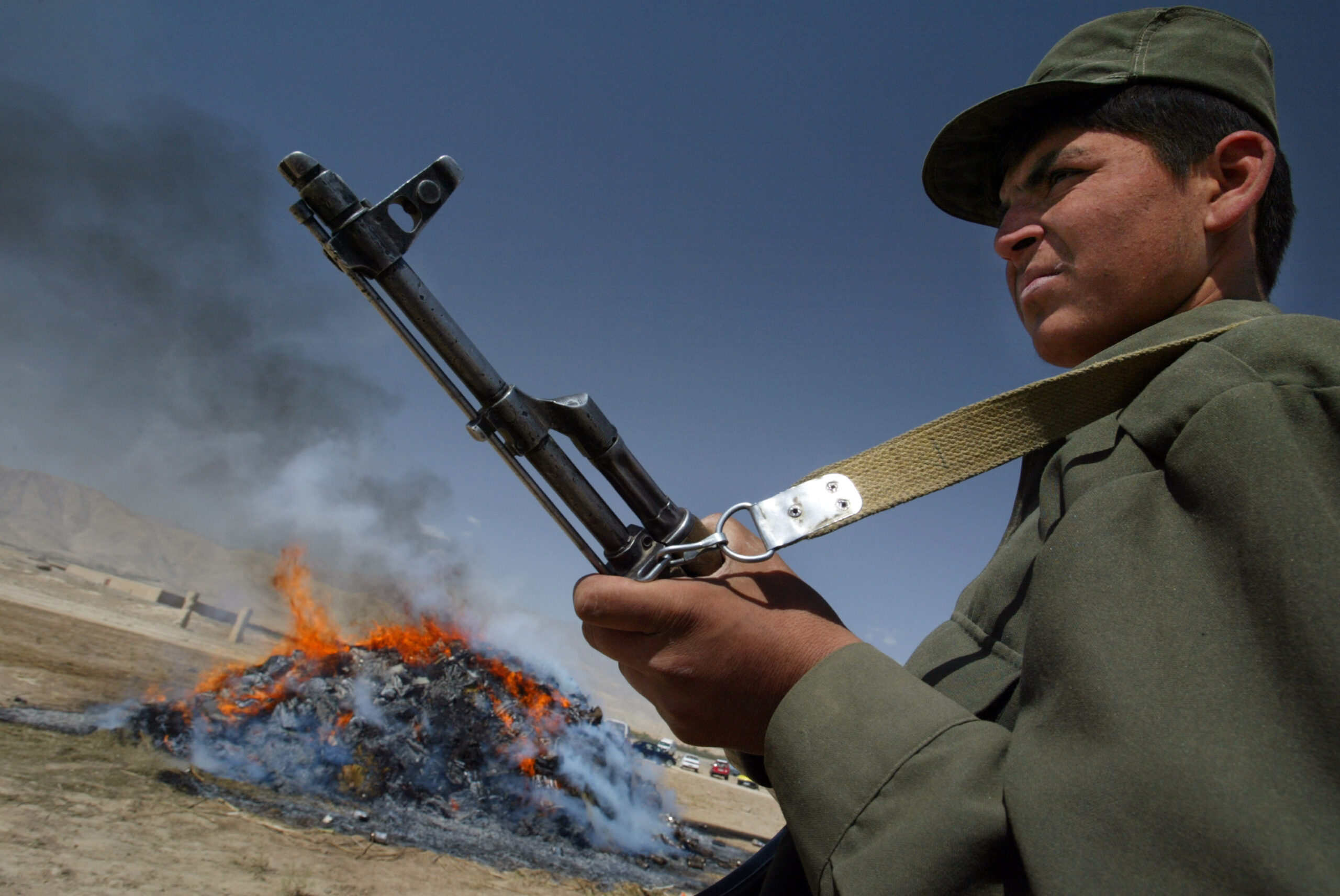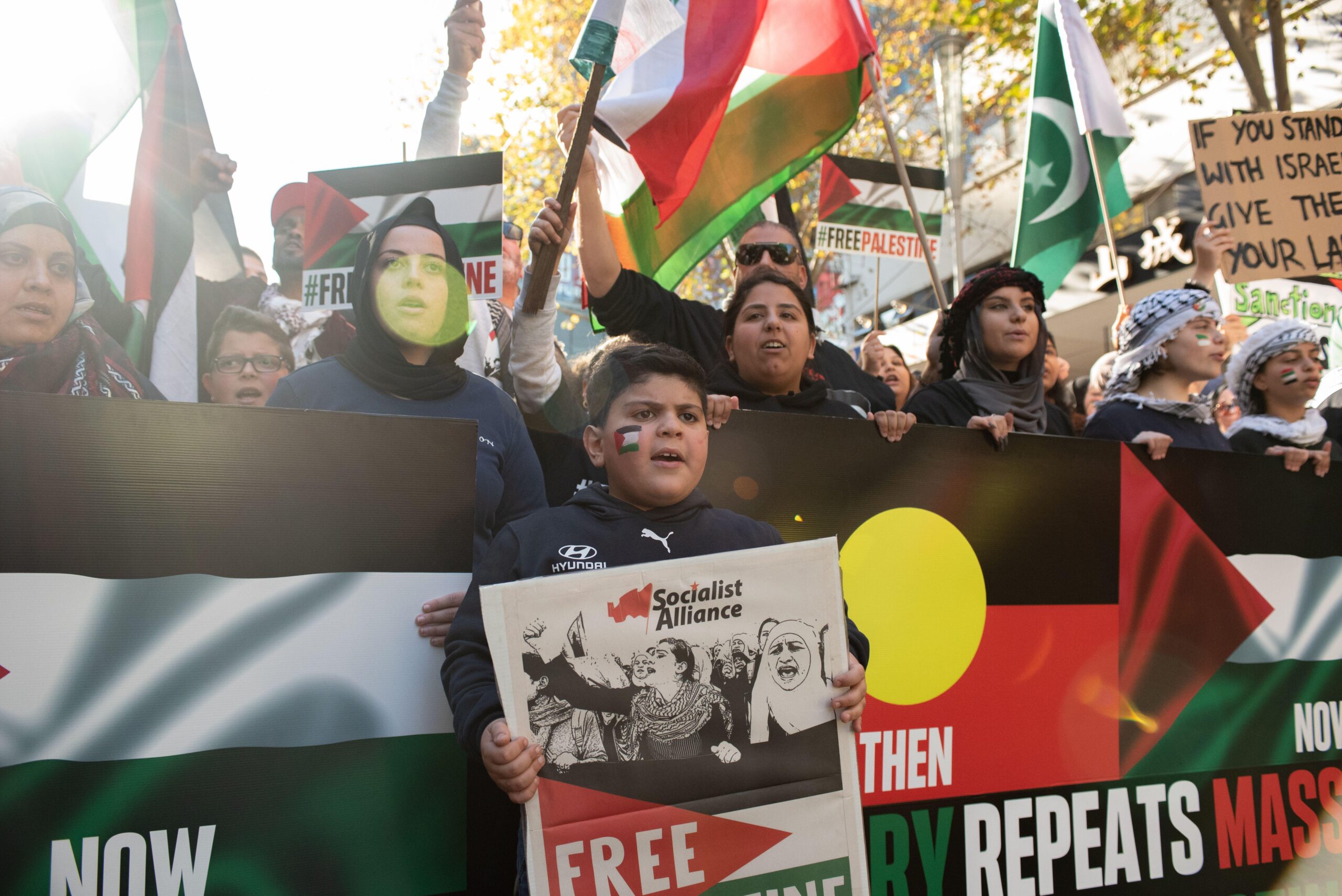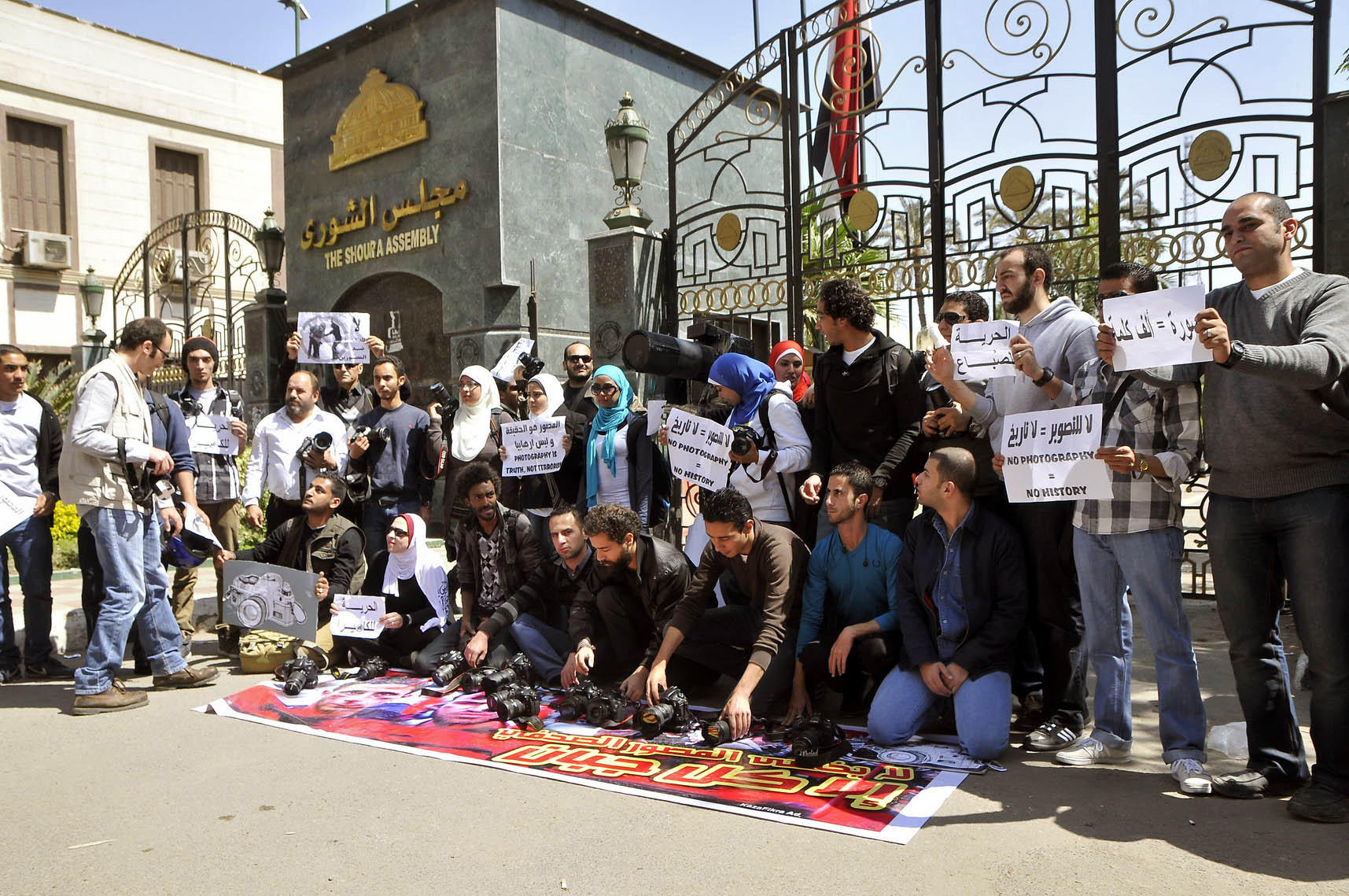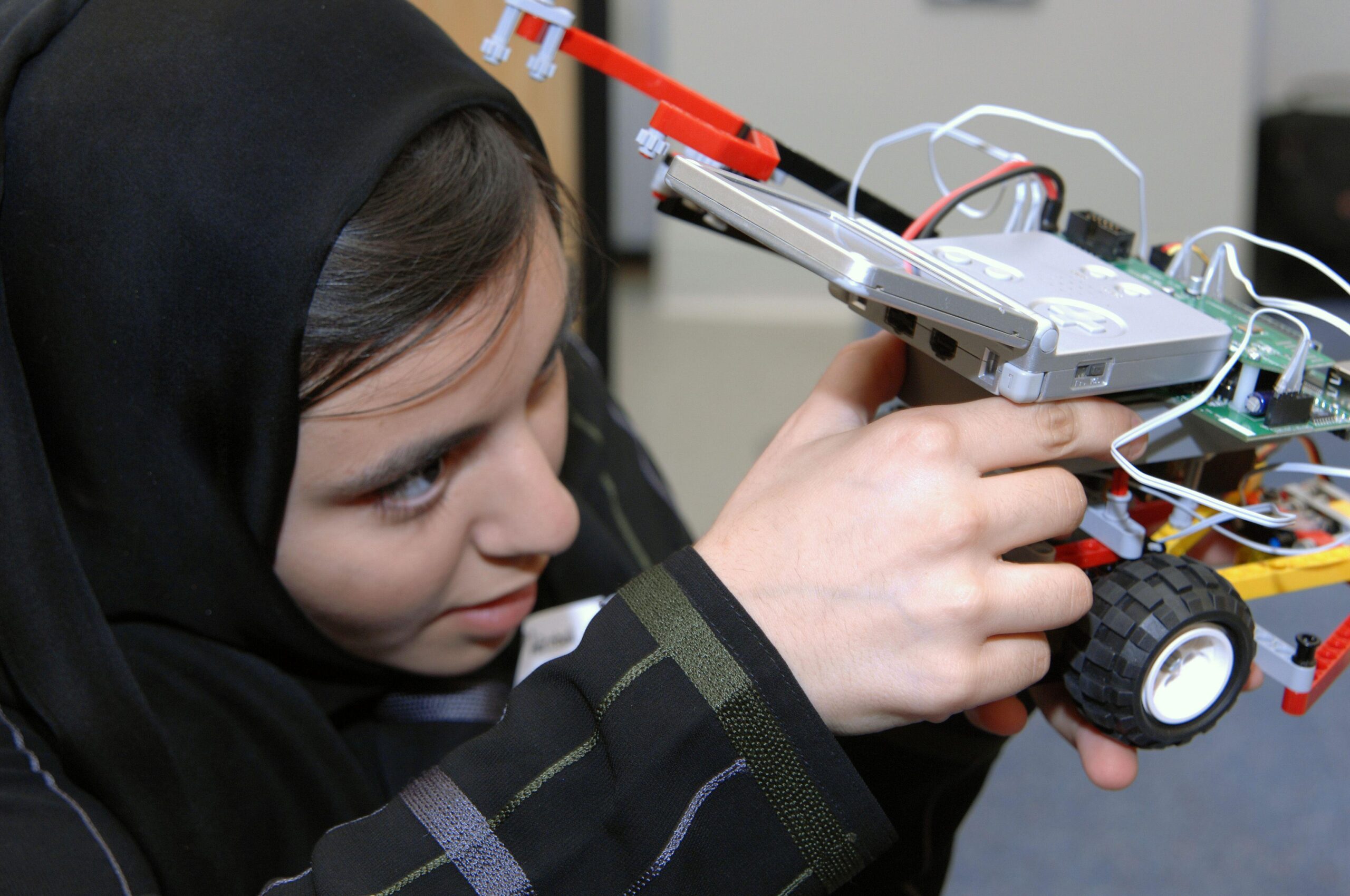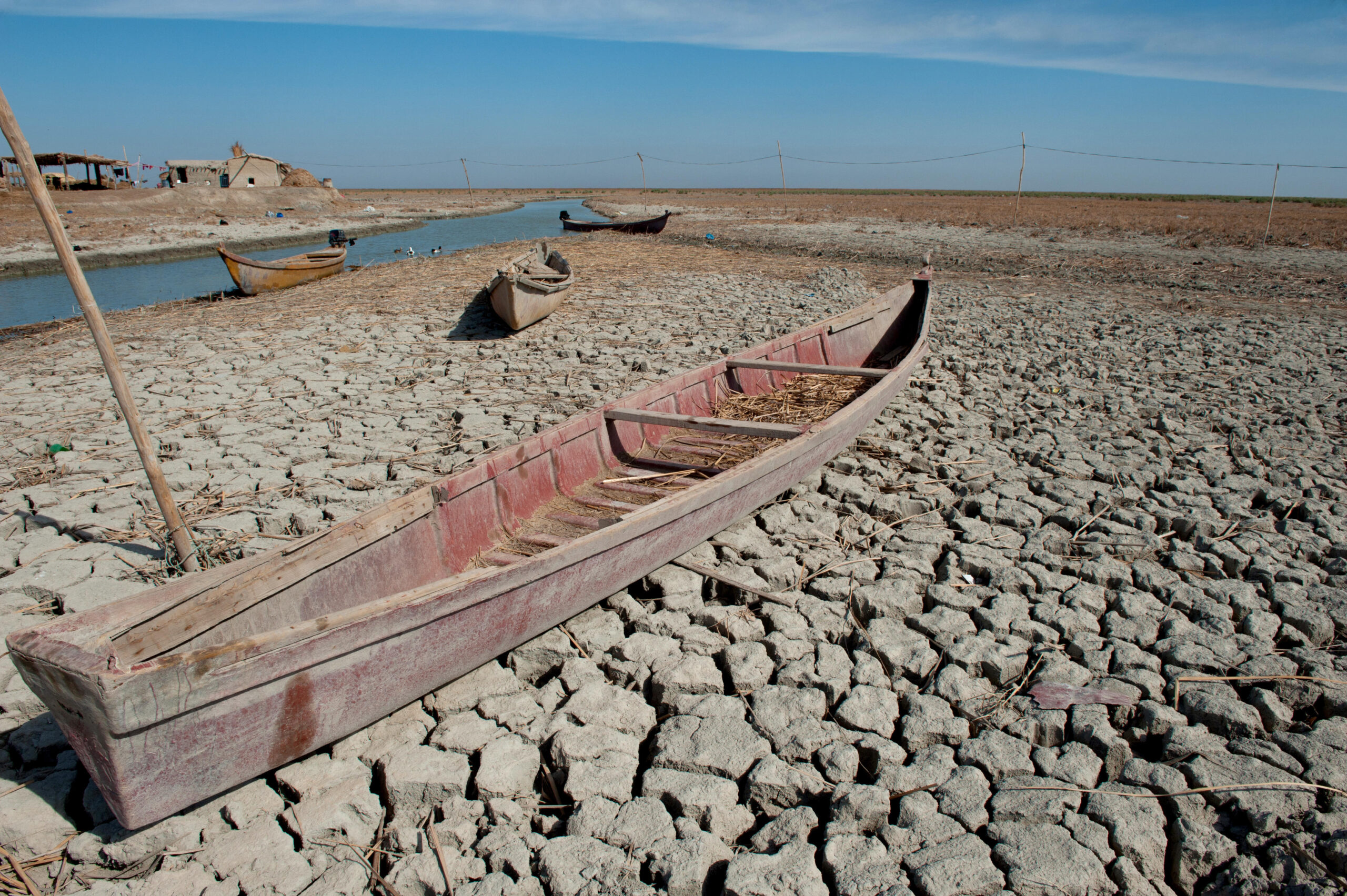-
Kazakhstan’s Turn to Nuclear
When it comes to nuclear power, Australian and Kazakhstan share many similarities with both countries currently considering their nuclear futures. While Australian opposition leader, Peter Dutton continues to advocate for the development of a domestic nuclear power industry as part of his 2025 election campaign, Kazakhstan’s government is moving ahead with construction of its first…
/
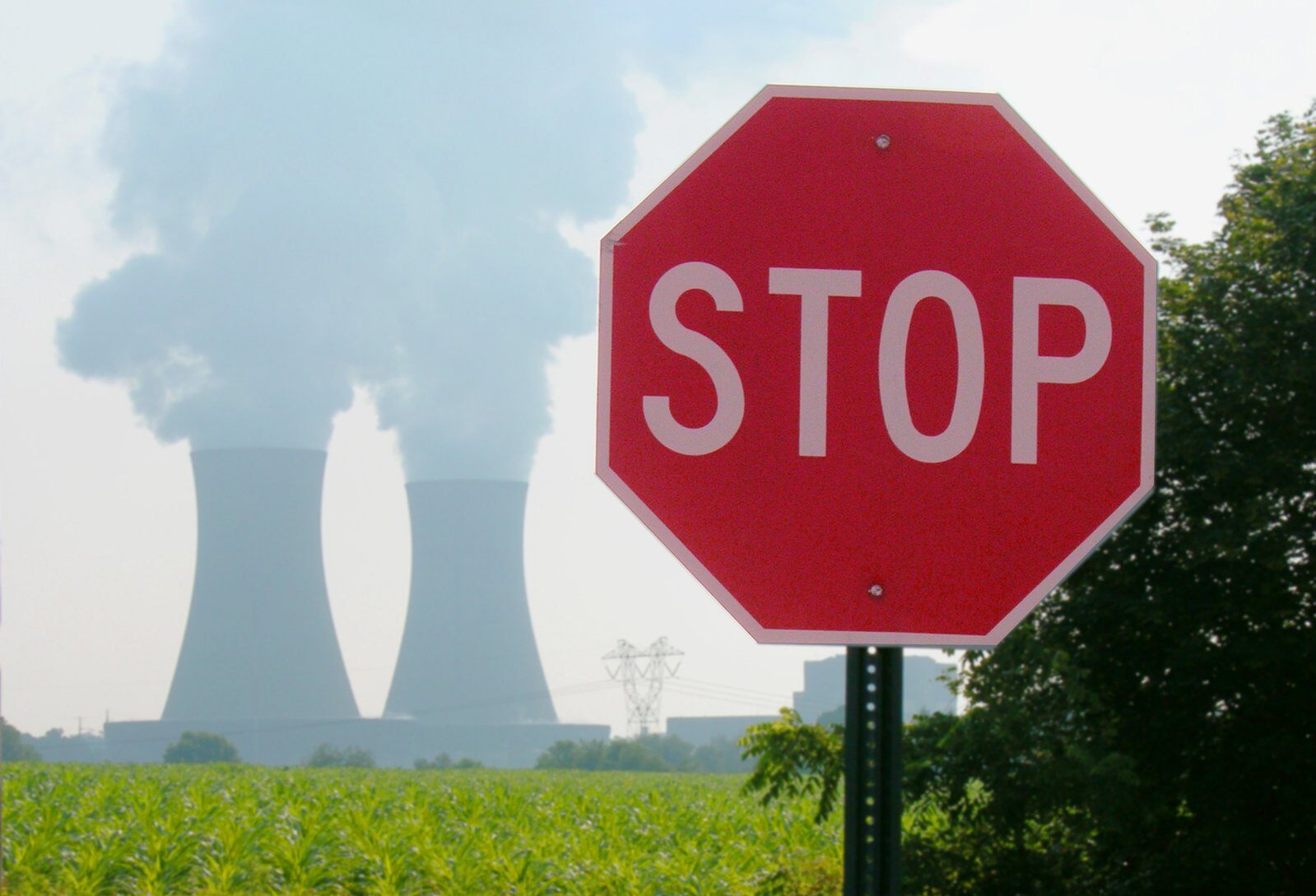
-
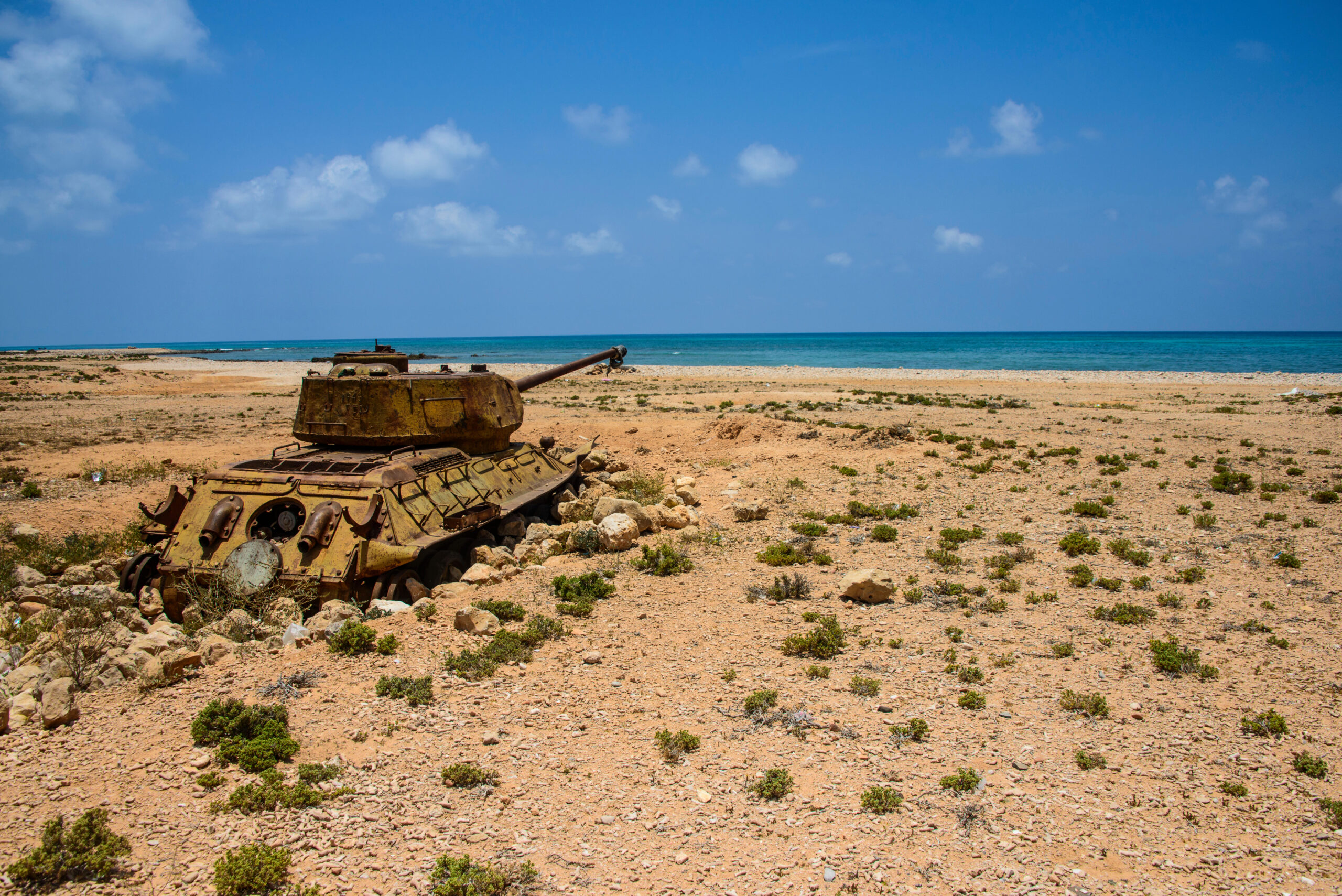
Could Emirati hold on Socotra resolve conflict in Yemen?
The UAE’s strategic consolidation of the island of Socotra will not enhance the prospects for a peaceful resolution of the conflict in Yemen. Whilst it may further complicate the process, it will not necessarily stymie efforts either. However, what is likely to stymie prospects is the growing rift between Saudi Arabia and the UAE and…
/
-
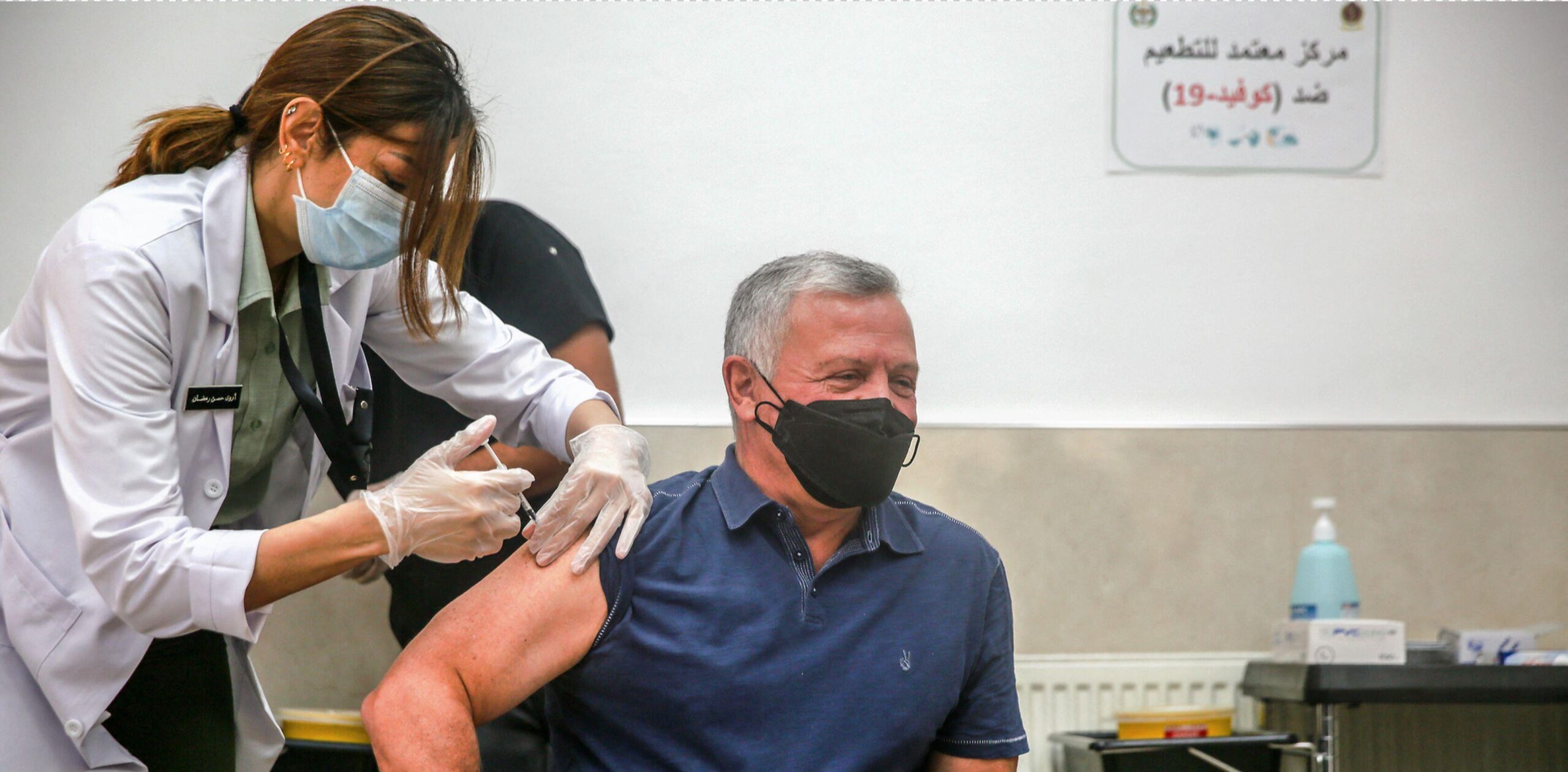
COVID-19 and Female Labour Force Participation in Jordan
COVID-19 has exacerbated the challenges of female labour participation in Jordan. Female social involvement has significantly decreased by virtue of caring for their children and other familial responsibilities – especially since kindergartens were one of the first common areas to be closed during quarantine. Recent research has concluded that there is a noticeable low rate…
/
-
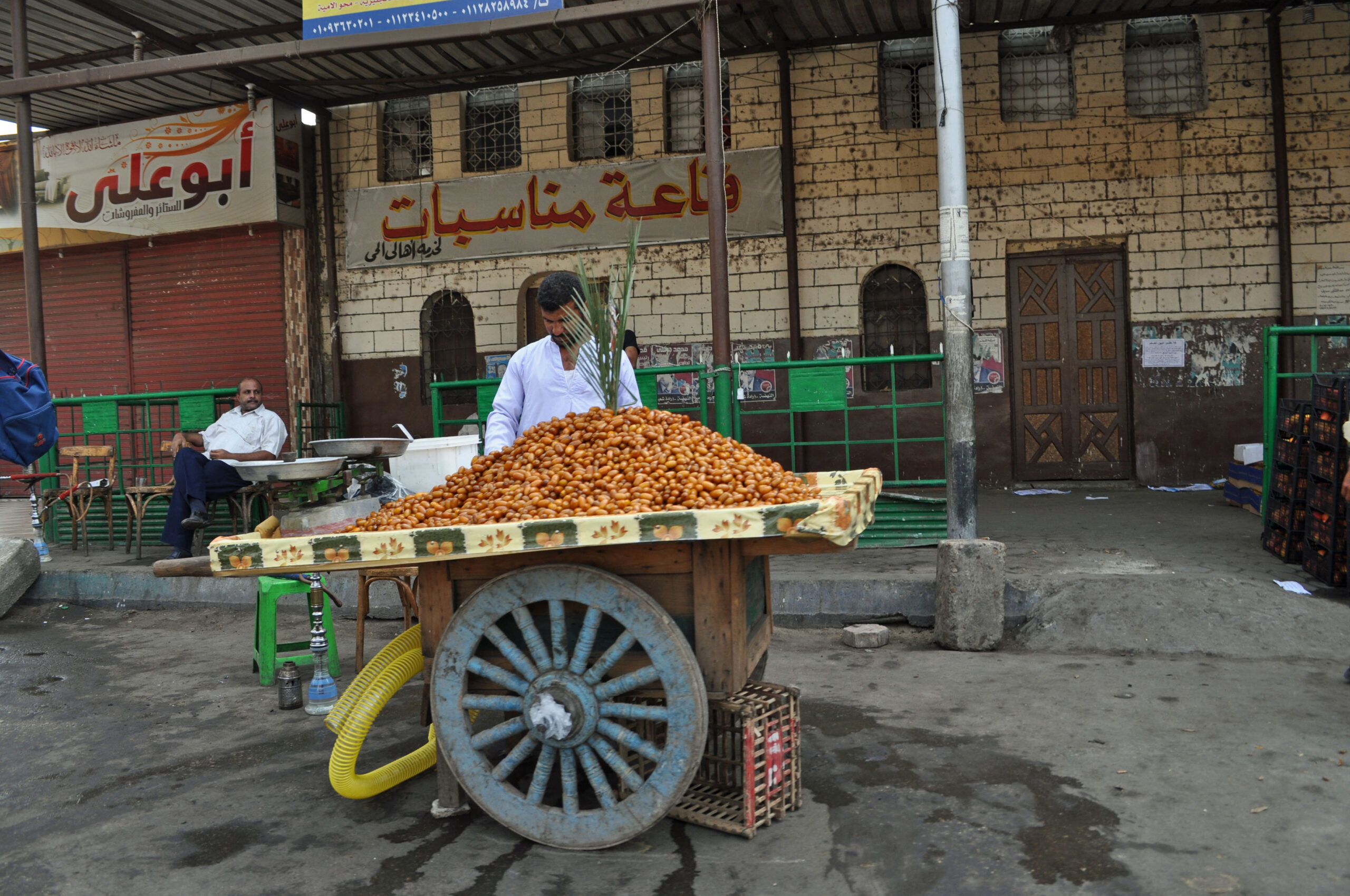
Covid-19 and Egypt’s Informal Economy
For many Egyptians and policymakers alike, Egypt’s informal sector represents both a blessing and a curse. Through ease of entry, it provides employment for those shut out of the formal sector, but it is also characterised by poor working conditions and weak worker protections. The Egyptian government has shown great ambivalence towards the sector, sometimes trying…
/
-
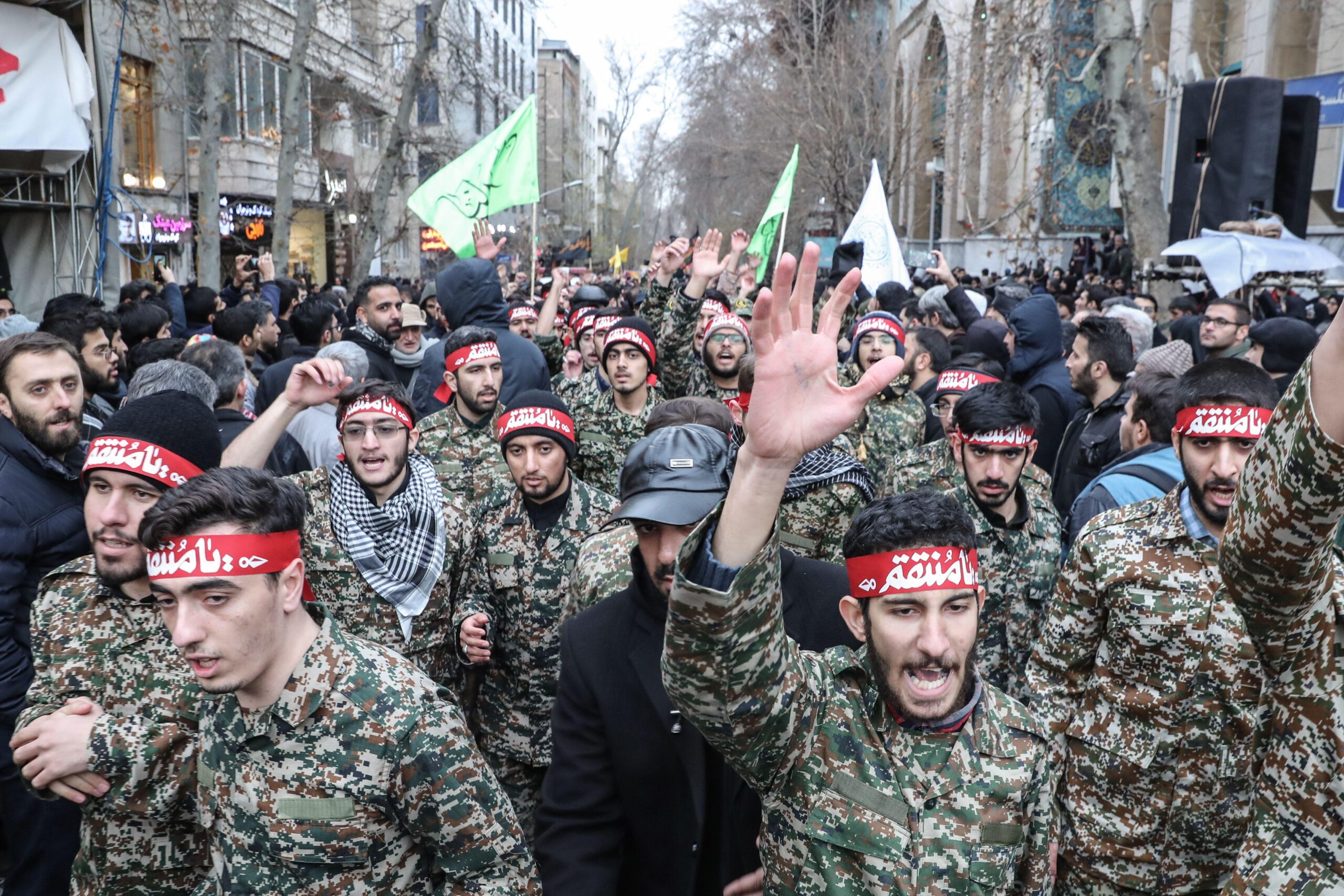
Iran’s Continued Expansion in Southern Syria
The Syrian regime forces besieged Daraa al-Balad area at the beginning of last August 2021, when the forces of the Iranian-backed Fourth Division brought military reinforcements to the area, and the Military Security Branch set up several checkpoints at the entrances and exits of the area, while closing the rest of the roads. Later, military…
/
-
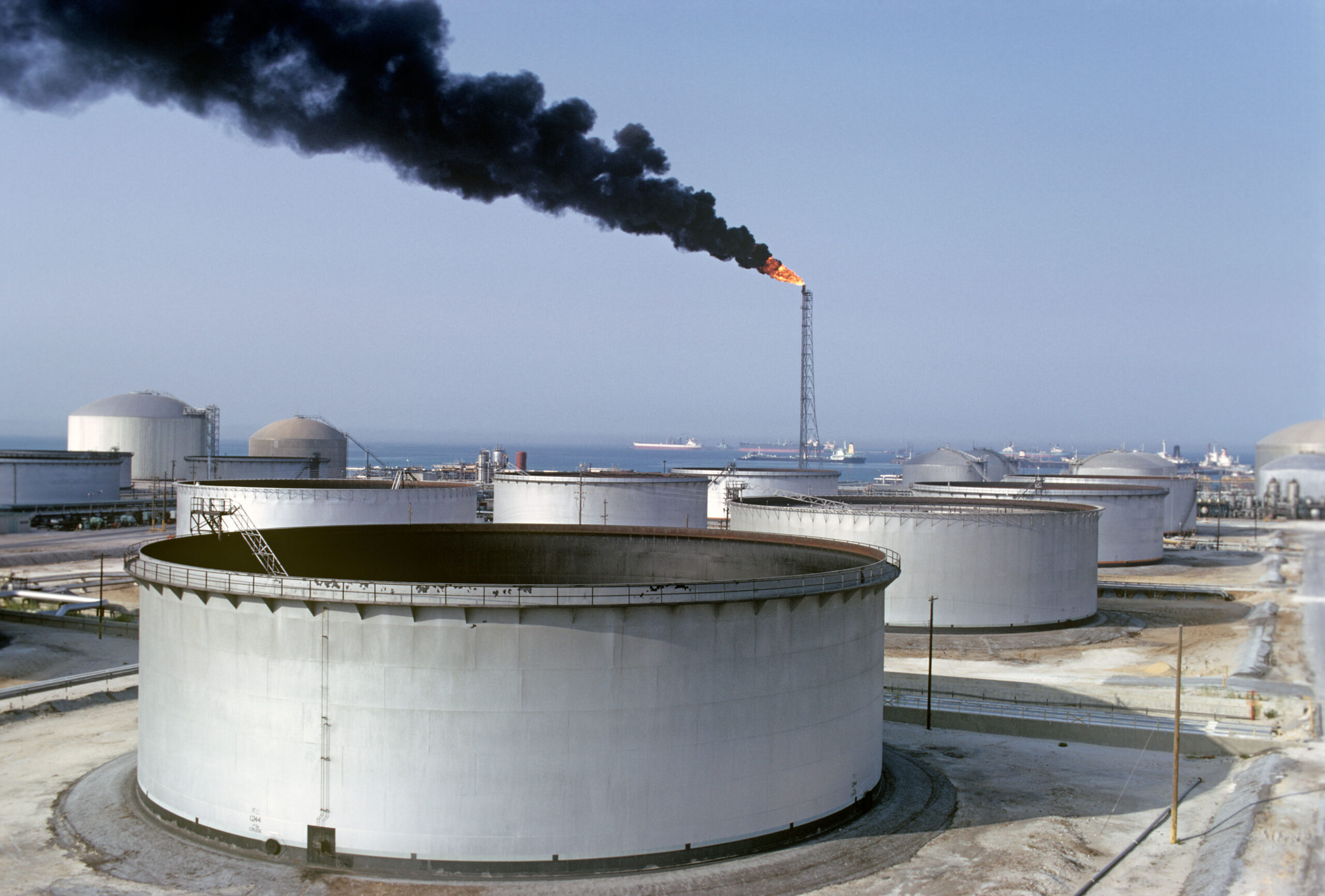
Gulf Energy Set to Win in Climate Action
Climate pressure is tilting the global oil business in favour of the giant state-owned oil companies in the Persian Gulf. As oil demand plateaus and starts to decline, these firms have market advantages that will allow them to dominate shareholder-owned oil companies which face a tougher regulatory and price environment. This dichotomy is emerging as…
/
-
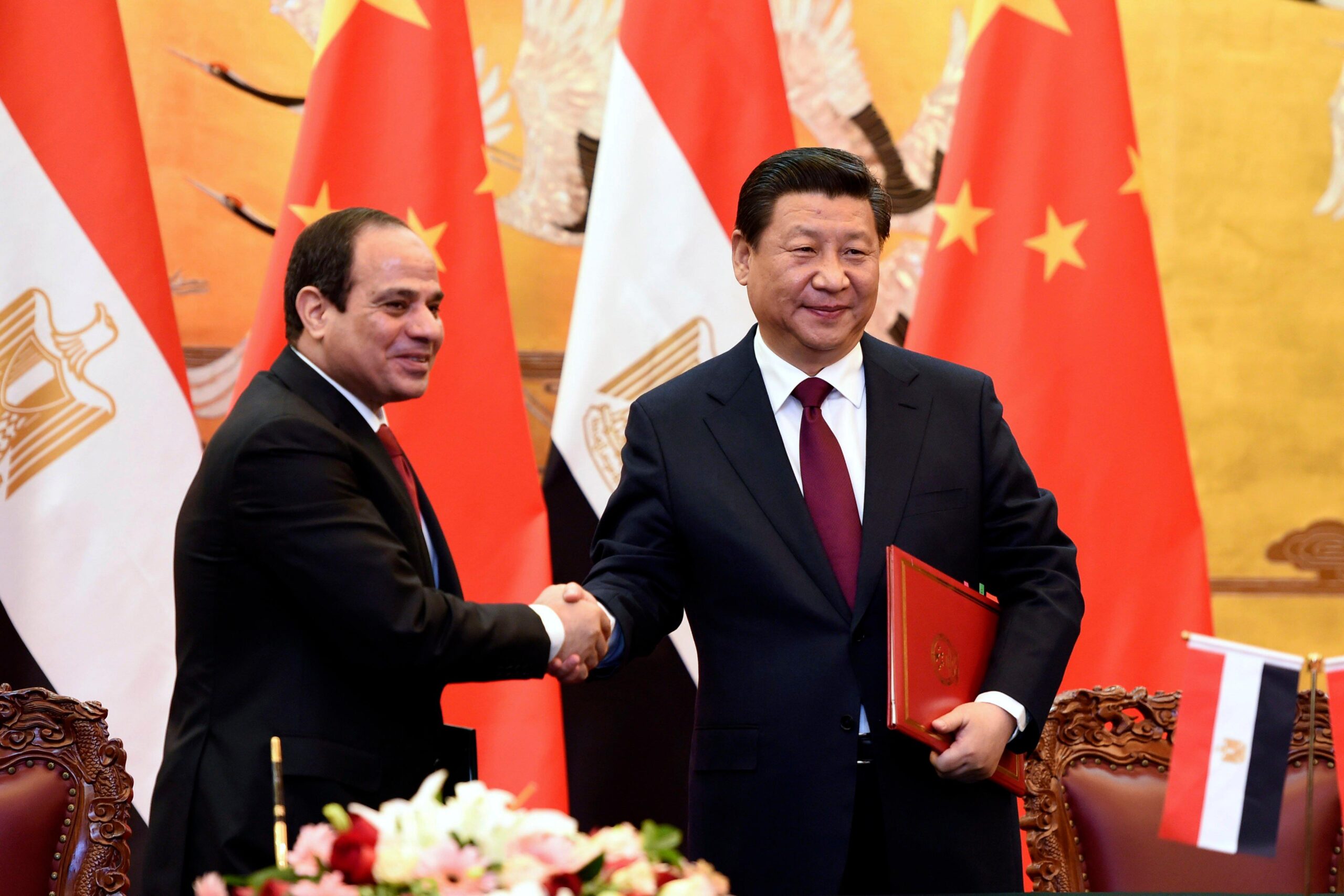
Economics Driving China’s interest in Egypt
On 30 June, a Chinese State Construction and Engineering Company (CSCEC) work crew lifted into place a steel skyway connecting two office buildings in the Central Business District (CBD) of Egypt’s New Administrative Capital – an engineering feat that serves as a fitting metaphor for the two countries’ rapidly developing commercial relationship. In a 27…
/
-
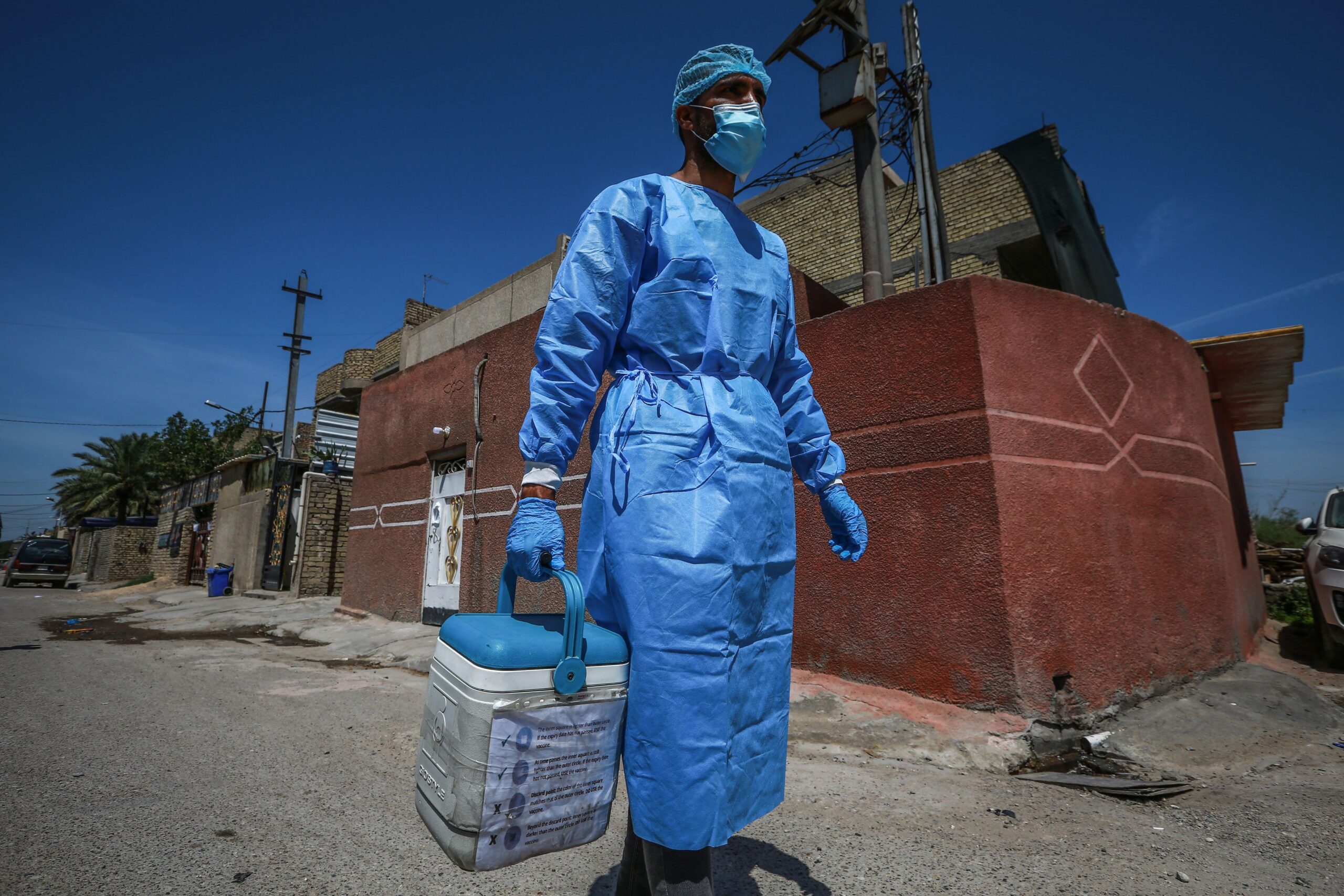
COVID-19 and Iraq’s Fractured Healthcare System
In July of this year, a fire tore through the COVID-19 isolation ward of Iraq’s al-Hussein Teaching Hospital in the city of Nasiriyah. At least 64 people were killed and dozens more injured, with the cause of the accident still disputed. Initial police reports suggest that the trigger was the explosion of an oxygen tank,…
/
-
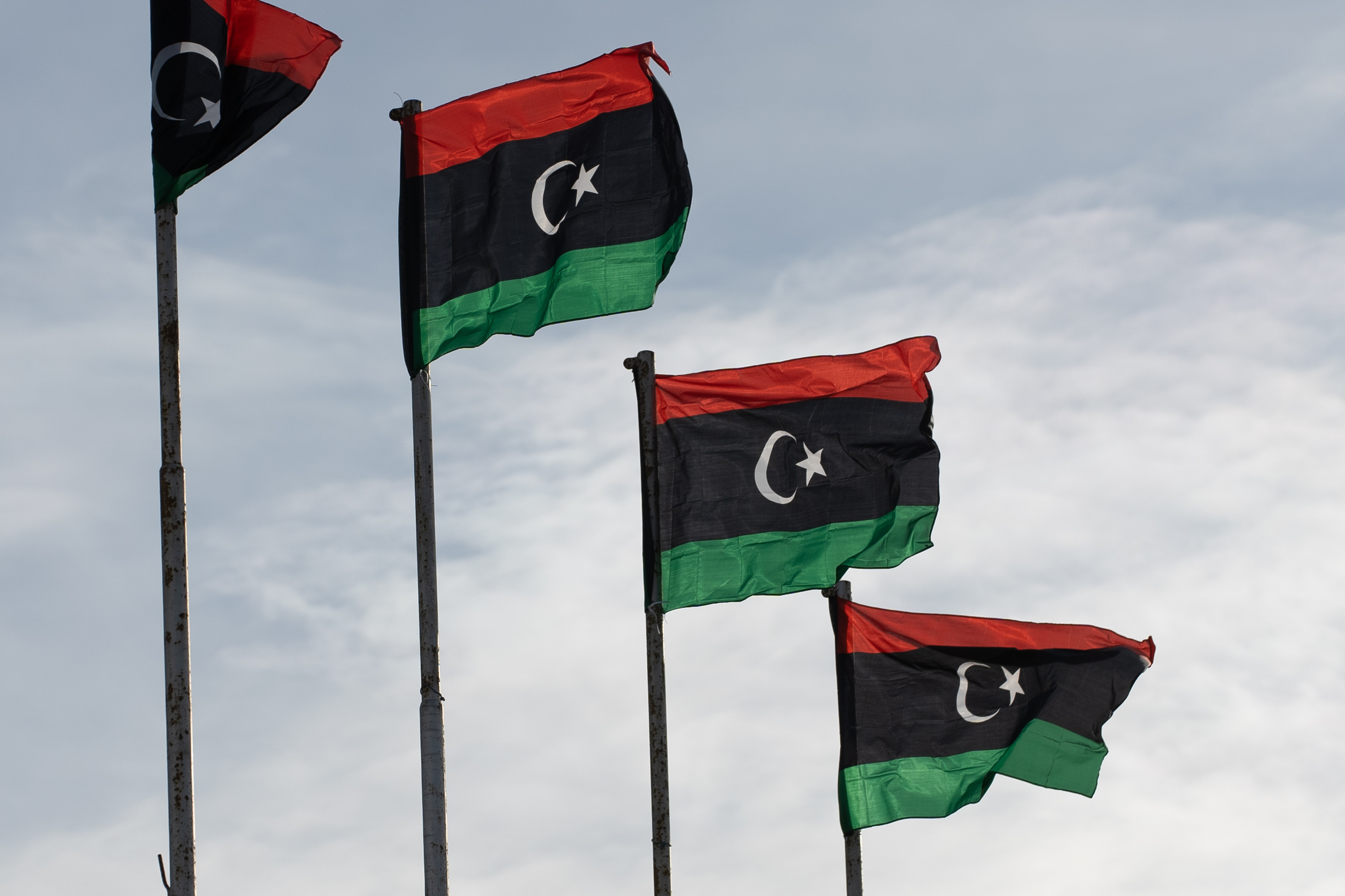
Libya at a crossroads, again
The current strategic and political situation in Libya seems almost unrecognizable from the perspective of just a year ago. For the first time in nearly a decade, Libya appears to have a widely supported transitional administration under recently appointed Prime Minister Abdul Hamid Dbeibah. There are also ongoing talks to unify the command structures of…
/
-
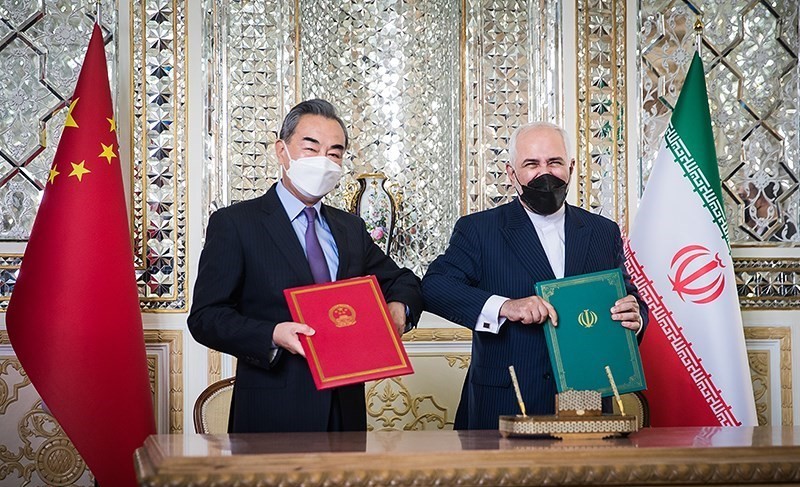
China as a new Gulf mediator?
China’s relationship to the Gulf could be changing. Previously, it avoided conflict and risk, which helped it establish good diplomatic relations and expand its commercial ties in the region. That approach may become harder given the high importance of Saudi Arabia and Iran to Chinese investments and the two countries’ own rivalry and competitive struggles…
/
-
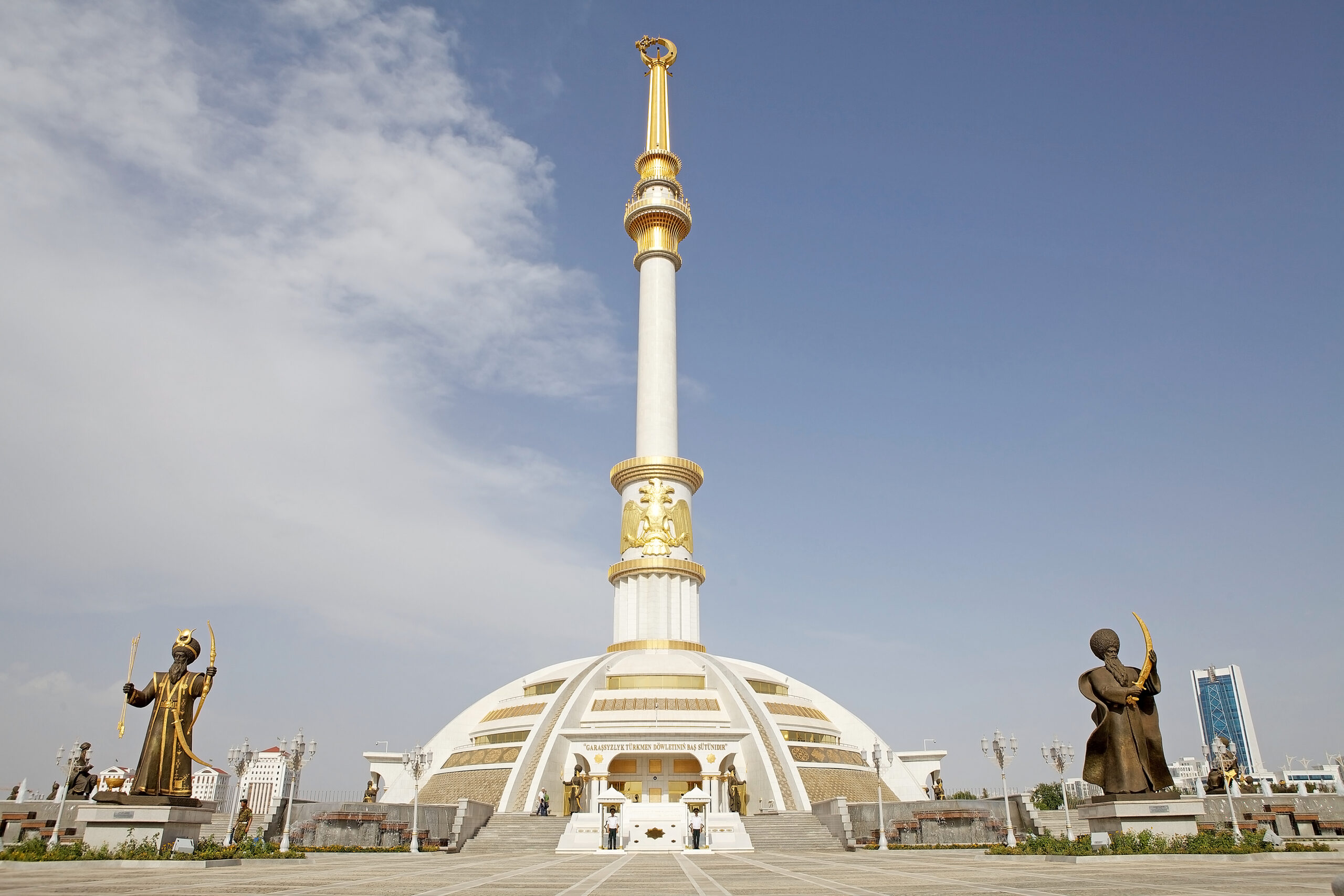
Turkmenistan food crisis – a threat to regime stability?
Turkmenistan has been facing an increasing crisis of food, primary products, and cash shortages. The crisis is a result of lower natural gas prices, Turkmenistan’s primary export, and a Chinese monopoly over gas exports. Although the regime often trumpets its economic successes, the crisis has accelerated, and imports of food and consumer goods were cut…
/
-
Central Asia and the Conflict in Ukraine: Russia-Friendly Neutrality
By
|
|
Since the onset of the war in Ukraine in February 2022, the Central Asian countries of Kazakhstan, Kyrgyzstan, Tajikistan, Turkmenistan and Uzbekistan have adopted a neutral stance towards the conflict.…
-
Political fragmentation and slow diplomacy: Yemen’s long road to peace?
By
|
|
In April this year, the Omani-mediated peace talks between Yemen’s Iran-backed Houthis and Saudi Arabia marked a hopeful move towards finally ending the proxy war in Yemen. This was an…
-
Taliban’s Water Claims Ignite Tensions with Neighbours
By
|
|
When the Taliban returned to power in Afghanistan in August 2021, it raised concerns in neighbouring countries about their own security. The governments in most of the Central Asian countries,…
-
Indigenous – Palestinian solidarity networks challenging settler colonialism in Australia
By
|
|
Increasingly networks are forming between Indigenous and Palestinian groups through a shared experience of colonisation. In recent years, there has been a shift at the grassroots level in Australia in…
-
Egypt COP 27: Projecting freedom and openness against a record of repression
By
|
|
In November, Egypt’s Red Sea resort town of Sharm el Sheikh will be hosting the 27th annual Climate Change Conference of the Parties. When it does, if the glossy promotional…
-
Artificial Labour Markets in the Gulf
By
|
|
Recent Al advancements have dominated news headlines as the world debates how to integrate artificial intelligence into our lives and workplaces. Within the Middle East, these debates are particularly prominent…
-
China’s Growing Role in Middle East Diplomacy: Navigating Regional Tensions
By
|
|
China has historically pursued a restrained and economically focused presence in the Middle East, steering clear of direct involvement in conflicts and refraining from taking positions on contentious disputes. In…
-
Behind the Pitch: How the UEFA Champions League Final Reflects Sino-Arab Geopolitics
By
|
|
European club football’s season is set to culminate with the UEFA men’s Champions League final being staged in Istanbul, Manchester City of the English Premier League facing Italian Serie A team Internazionale…
-
Saudi Arabia, China, Red Sea Geopolitics & The 2030 World Cup
By
|
|
In March 2021, a container ship – the Ever Given – ran aground in Egypt’s Suez Canal following stormy weather. This caused a significant obstruction to one of the world’s…
-
Returning to traditional solutions in the face of climate challenges
By
|
|
The Middle East region is facing major challenges related to climate change, and Iraq is no exception. Despite being a historically water-rich country, Iraq faces demands from multiple directions for…

